The relationship between famous faces and product advertisements is not without its pitfalls. When these partnerships veer off course, the outcomes can be both hilariously cringeworthy and profoundly embarrassing, casting a red hue not just on the celebrities involved but also on the brands they represent.
Dior and Johnny Depp
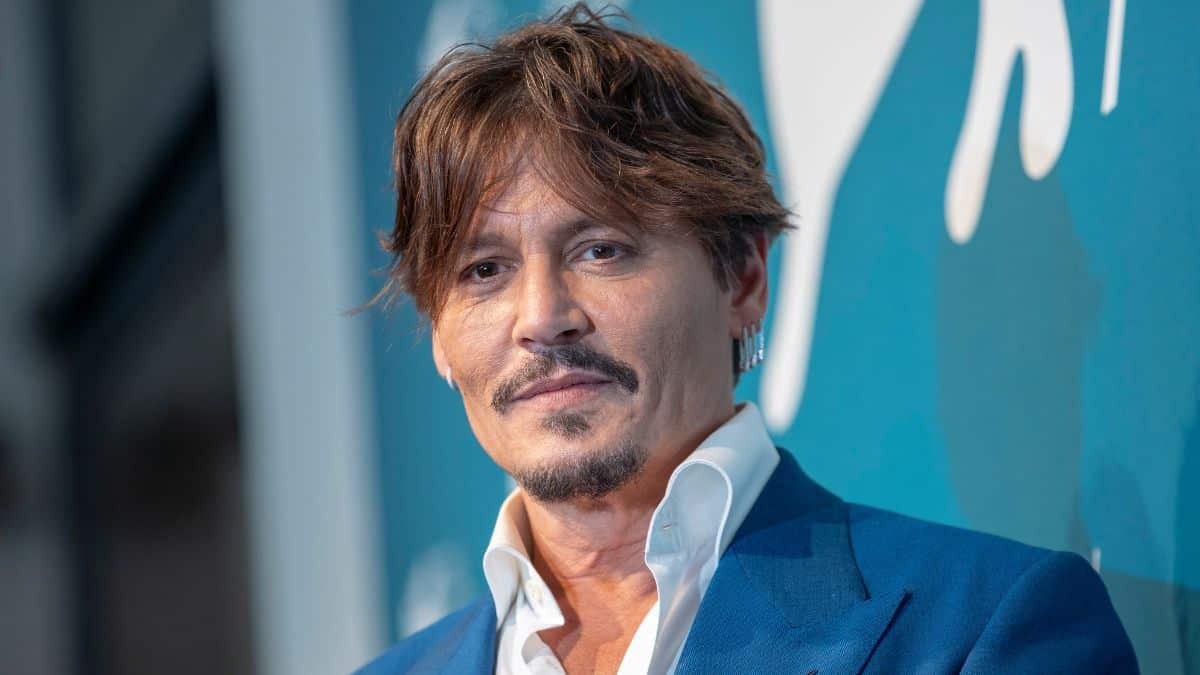
Johnny Depp, the face of Dior’s Sauvage fragrance, faced controversy in 2020 after losing a high-profile libel case against a British newspaper. The case involved allegations of domestic violence, casting a shadow on Depp’s personal and professional life and potentially impacting Dior’s brand image.
Gap and Sarah Jessica Parker
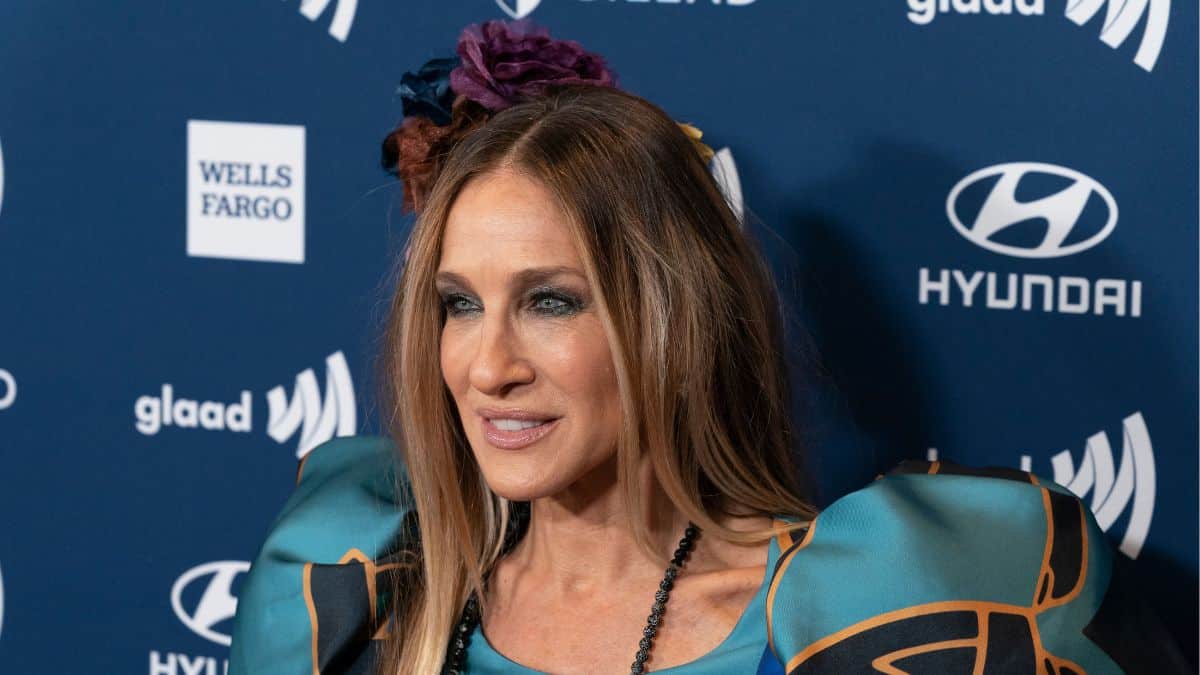
In 2004, Gap featured Sarah Jessica Parker in an ad that faced criticism for allegedly promoting unhealthy body image. The ad was accused of digitally altering Parker’s appearance, leading to a debate on unrealistic beauty standards.
Kendall Jenner
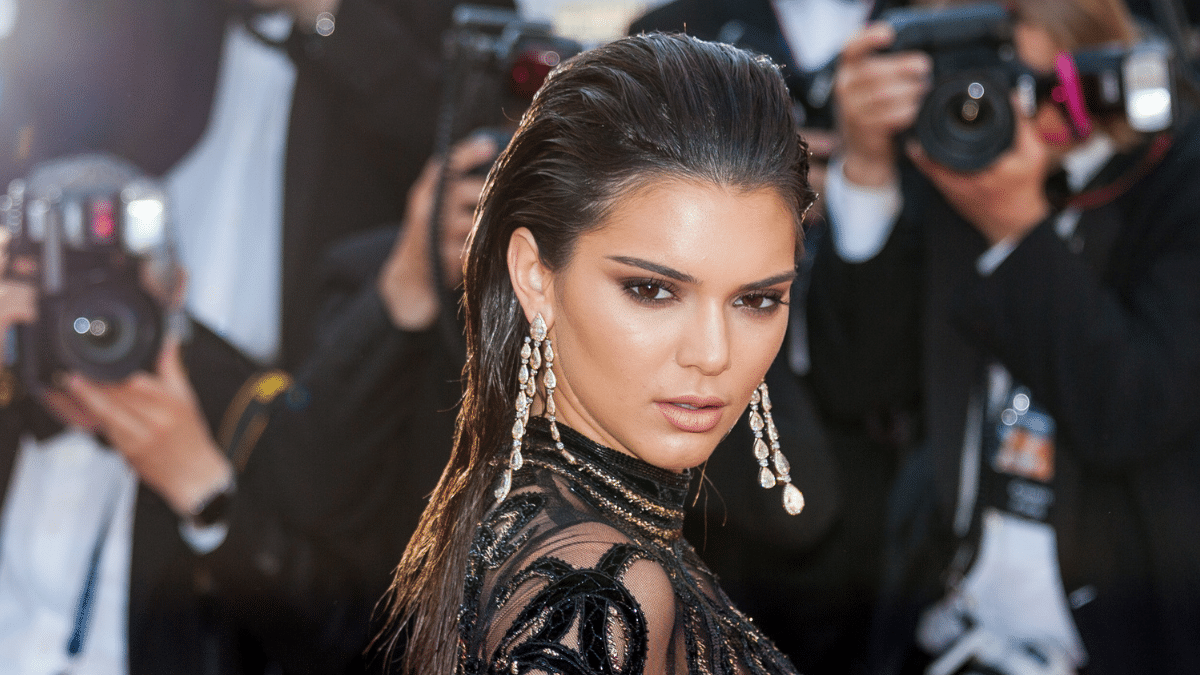
In 2017, Pepsi released a controversial ad featuring Kendall Jenner. The commercial showed Jenner leaving a photoshoot to join a protest, and at one point, she hands a can of Pepsi to a police officer, seemingly resolving tensions. The ad was criticized for trivializing social justice movements and for its tone-deaf approach to serious issues. Pepsi pulled the ad shortly after its release due to public backlash.
Samsung and Ellen DeGeneres
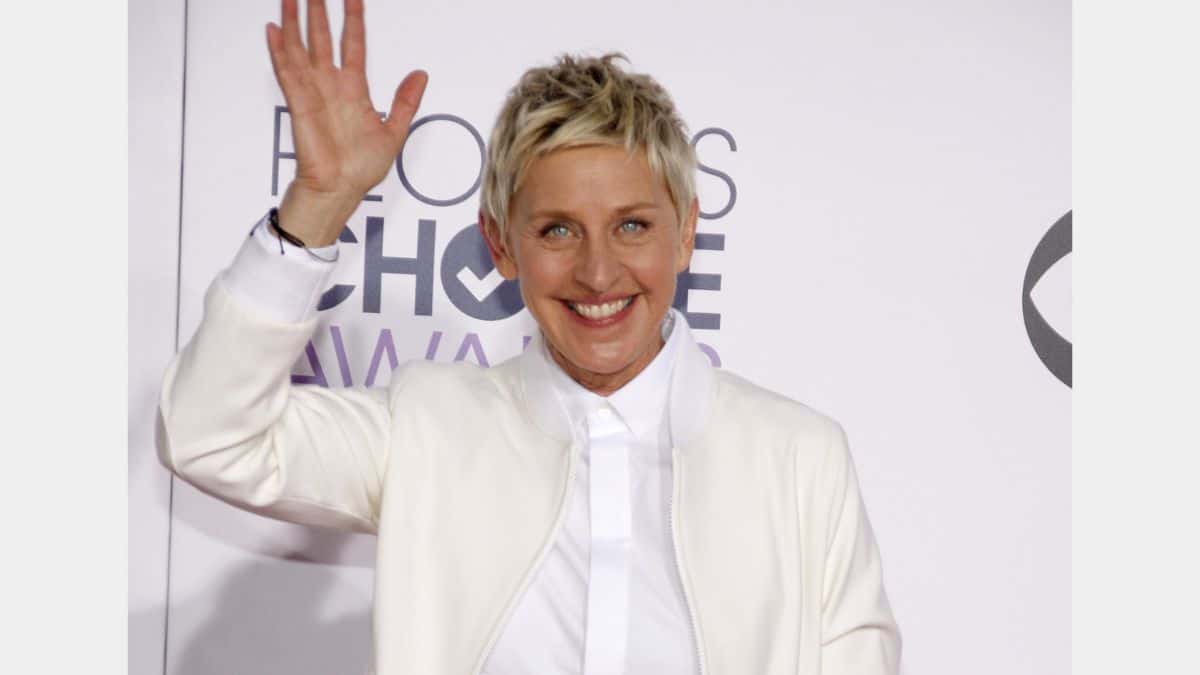
During the 2014 Oscars, Samsung sponsored a star-studded selfie that Ellen DeGeneres took with several celebrities, including Bradley Cooper, Jennifer Lawrence, and Meryl Streep. The photo became the most retweeted tweet at the time. However, it was later revealed that the photo was a planned product placement by Samsung, leading to accusations of deceptive advertising and undermining the authenticity of the moment.
Lil Wayne and Mountain Dew

Lil Wayne faced criticism for lyrics in a song that referenced the beating of Emmett Till, a young African American who was brutally murdered in the 1950s. Mountain Dew ended its endorsement deal with Lil Wayne due to the controversy.
Weight Watchers and Jessica Simpson
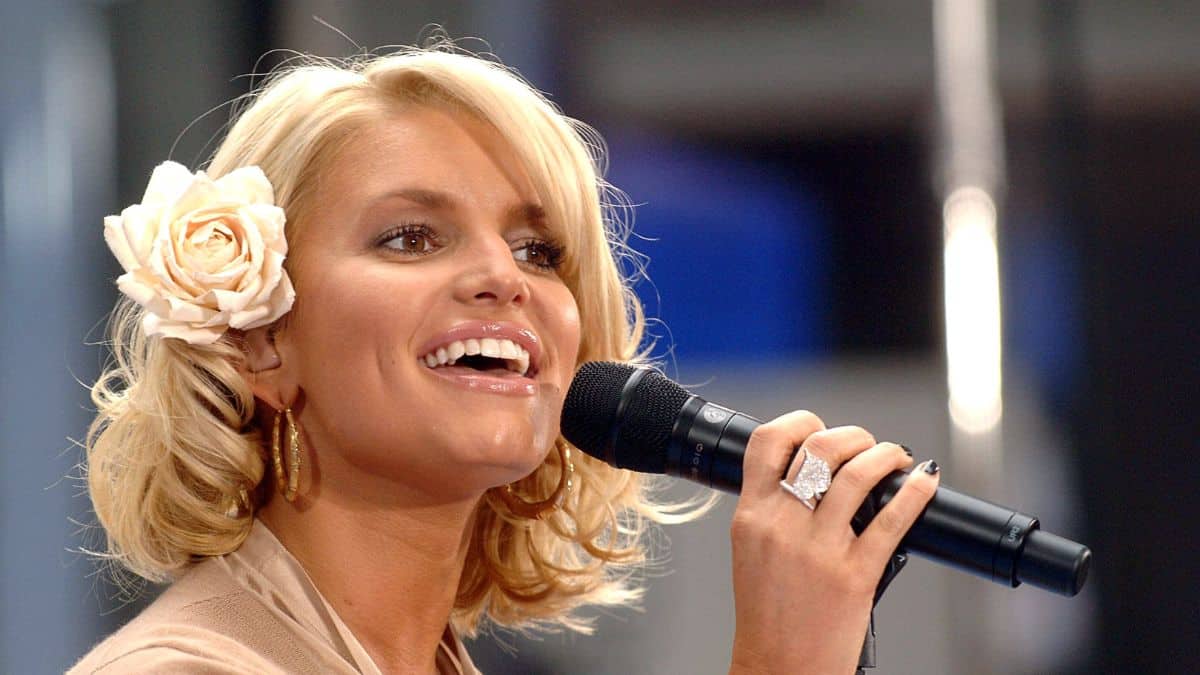
Jessica Simpson became a spokesperson for Weight Watchers in 2012. The campaign aimed to promote weight loss and the effectiveness of the program. However, during her tenure as a spokesperson, Simpson became pregnant again, and her weight fluctuated. This led to criticism that her endorsement lacked credibility since she struggled to maintain consistent weight loss while representing the brand.
Blackberry and Alicia Keys

In 2013, Blackberry announced that Grammy-winning singer Alicia Keys would serve as its Global Creative Director. However, shortly after the announcement, a tweet from Keys was sent from her iPhone. The incident went viral, and it was widely criticized as an example of Keys’ lack of commitment to the brand she was endorsing. The partnership with Blackberry ended shortly after.
Ford and Matthew McConaughey
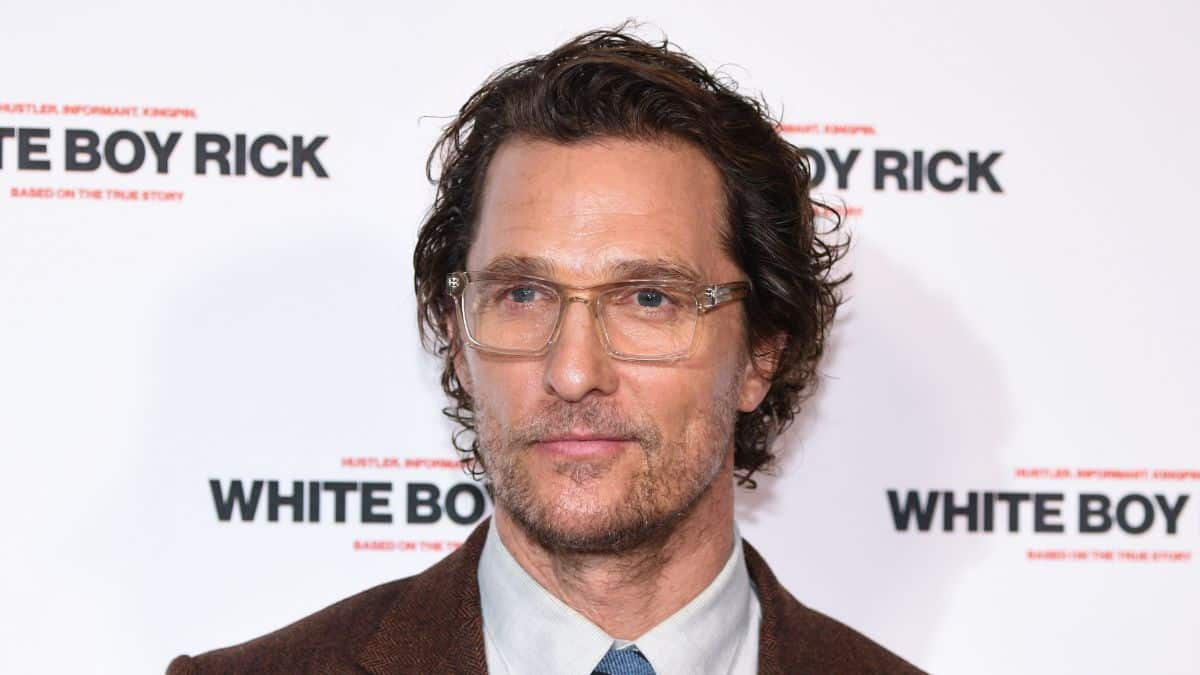
In 2014, Ford launched a series of commercials featuring actor Matthew McConaughey driving their vehicles and sharing introspective thoughts. The ads were met with mixed reviews, with some finding them amusing and others finding them bizarre. The ads became popular fodder for parodies and comedic sketches, which overshadowed the intended message and became more memorable than the actual endorsement.
Gap and Audrey Hepburn

In 2006, Gap released an ad featuring Audrey Hepburn dancing to “Back in Black” by AC/DC. While the ad was meant to be a playful tribute to the iconic actress, it received criticism for using her image posthumously and altering her image for commercial purposes.
Britney Spears and Pepsi
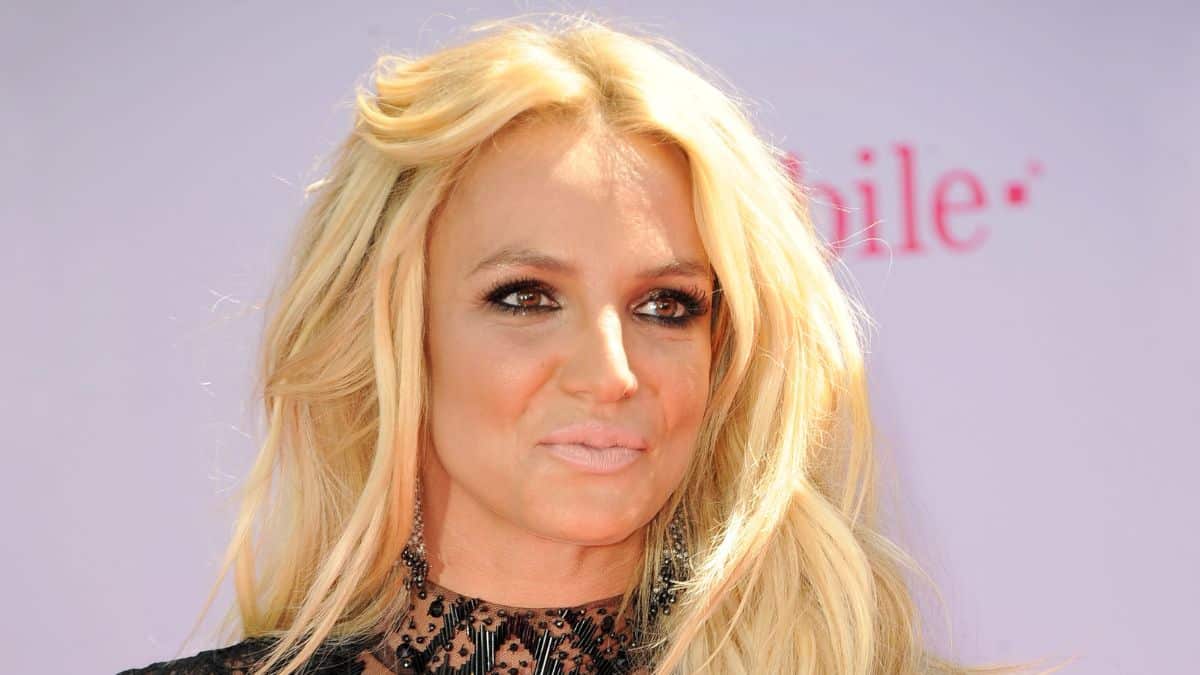
In 2001, Britney Spears signed a multi-million dollar endorsement deal with Pepsi. However, the campaign faced a setback when a commercial featuring Spears was pulled after airing only once. The ad depicted Spears singing and dancing to “Joy of Pepsi” alongside iconic musician Bob Dylan. Critics felt the pairing was awkward and clashed with their respective musical styles, leading to a commercial that received negative feedback.
Dr. Pepper and Guns N’ Roses

In 1989, Dr. Pepper launched a promotional campaign that offered a free can of soda to everyone in America if Guns N’ Roses released their album “Chinese Democracy” by a certain deadline. The album faced numerous delays and was not released until 2008. Dr. Pepper, staying true to their word, offered free soda to the public for a limited time. The campaign gained attention for its audacity but also highlighted the lengthy delay of the album, leading to a comical twist.
Nike and Lance Armstrong

For years, cyclist Lance Armstrong was a prominent ambassador for Nike, appearing in numerous commercials and promoting the brand’s sportswear. However, in 2012, Armstrong was stripped of his seven Tour de France titles and banned from professional cycling for doping. This revelation tarnished both Armstrong’s reputation and the association with Nike, leading to the termination of their endorsement deal.
Samsung and Adam Levine

In 2013, Maroon 5 lead singer Adam Levine became a spokesperson for Samsung. As part of the campaign, Levine asked his Twitter followers which phone he should get, inadvertently revealing that he used an iPhone to send the tweet. The public quickly noticed the contradiction and criticized Levine for not being authentic and true to the brand he was endorsing.
McDonald’s and Justin Timberlake
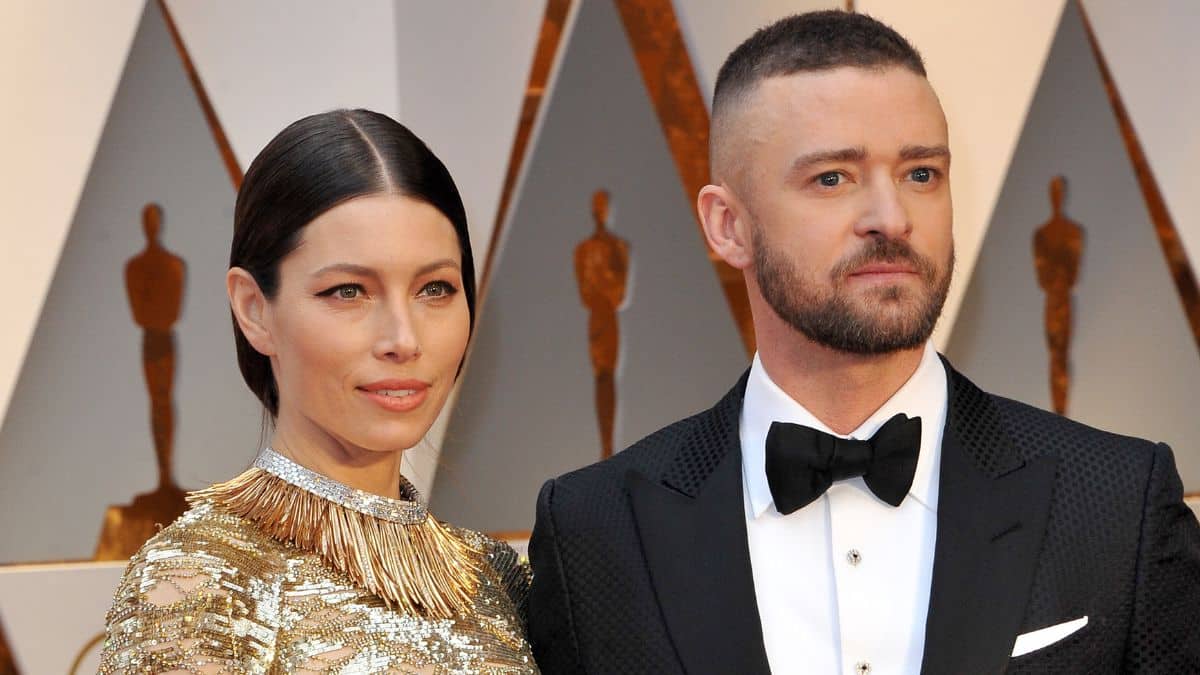
In 2003, McDonald’s partnered with Justin Timberlake for a promotional tie-in with his album “Justified.” The fast-food chain launched a campaign featuring Timberlake singing and dancing with animated McDonald’s characters. However, the campaign received backlash for promoting unhealthy food to children and was seen as a questionable endorsement choice for a musician known for his clean image.
H&M and The Weeknd

In 2017, H&M faced backlash for an ad featuring Canadian singer The Weeknd wearing a hoodie that read, “Coolest Monkey in the Jungle.” The ad was widely criticized as racially insensitive, evoking offensive stereotypes. The Weeknd, who had a partnership with H&M, publicly distanced himself from the brand and expressed his disappointment in the ad.
Gillette and Tiger Woods

Golfer Tiger Woods was a long-time brand ambassador for Gillette. However, in 2009, Woods’ extramarital affairs were exposed, leading to a significant scandal and public backlash. Gillette decided to limit Woods’ role in their marketing campaigns and eventually phased him out as the face of their brand due to the damage caused to his personal reputation.
FEMALE Movie Characters That Were Clearly Written to Attract Male ATTENTION!

Lost Faith: Celebrities Abandoning Their Roots for New Religions

It’s a really big deal when converting to a new religion, both personally and culturally. When you decide to follow any religion, it is a deeply personal choice and it is one that these celebrities didn’t take lightly.
Reel Remorse: Actors Who Regretted Saying ‘No’ to Career-Defining Roles
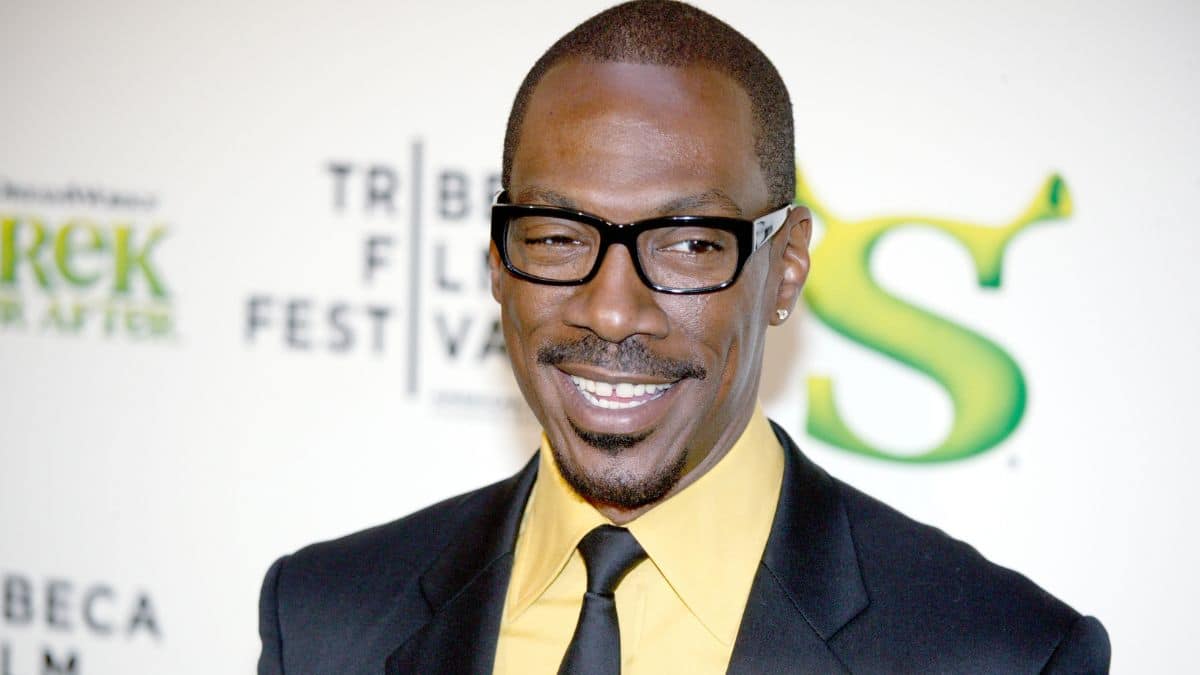
Join us as we delve into the stories of talented actors who still carry the weight of their decisions, forever haunted by the roles they let slip away.
Heartbreak and Loss, Celebrities Who Faced the Tragic Loss of Their Children
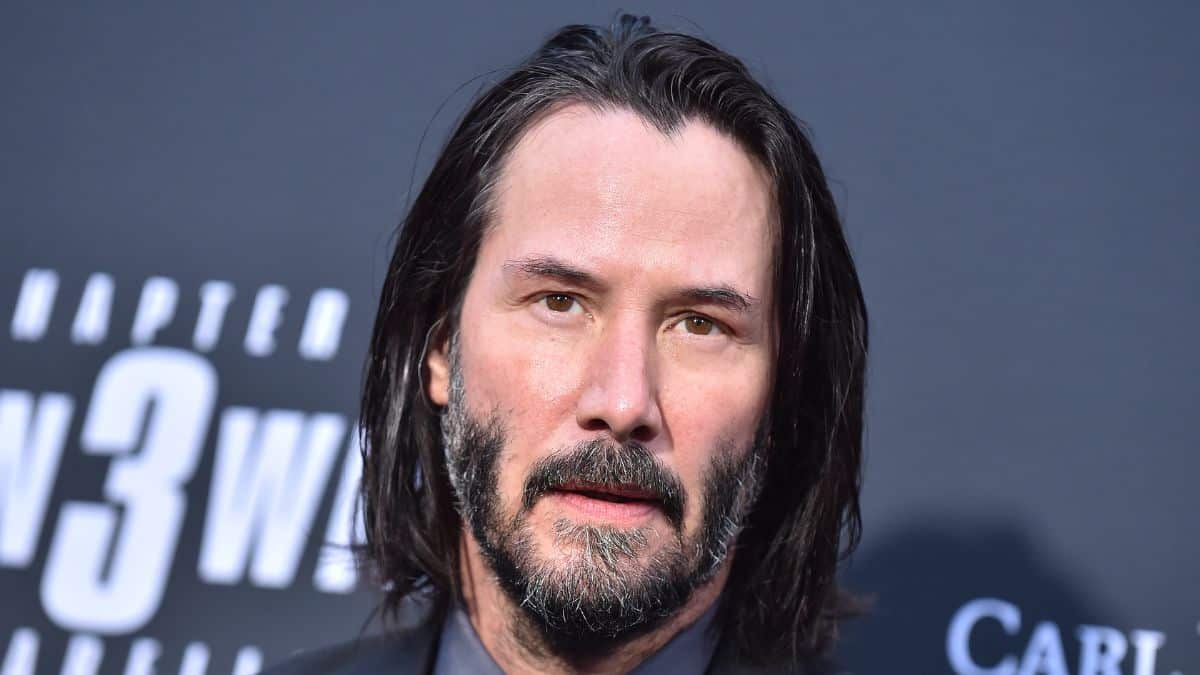
It is extremely painful to lose a loved one, but when it comes to losing a child, the pain hits even harder and deeper. Things are never the same again. Knowing that there are celebrities who have gone through this, just goes to show that they’re human, too, and they experience awful things just like us.
From Stardom to Starflops: Catastrophic Movies That Obliterated Actors’ Careers
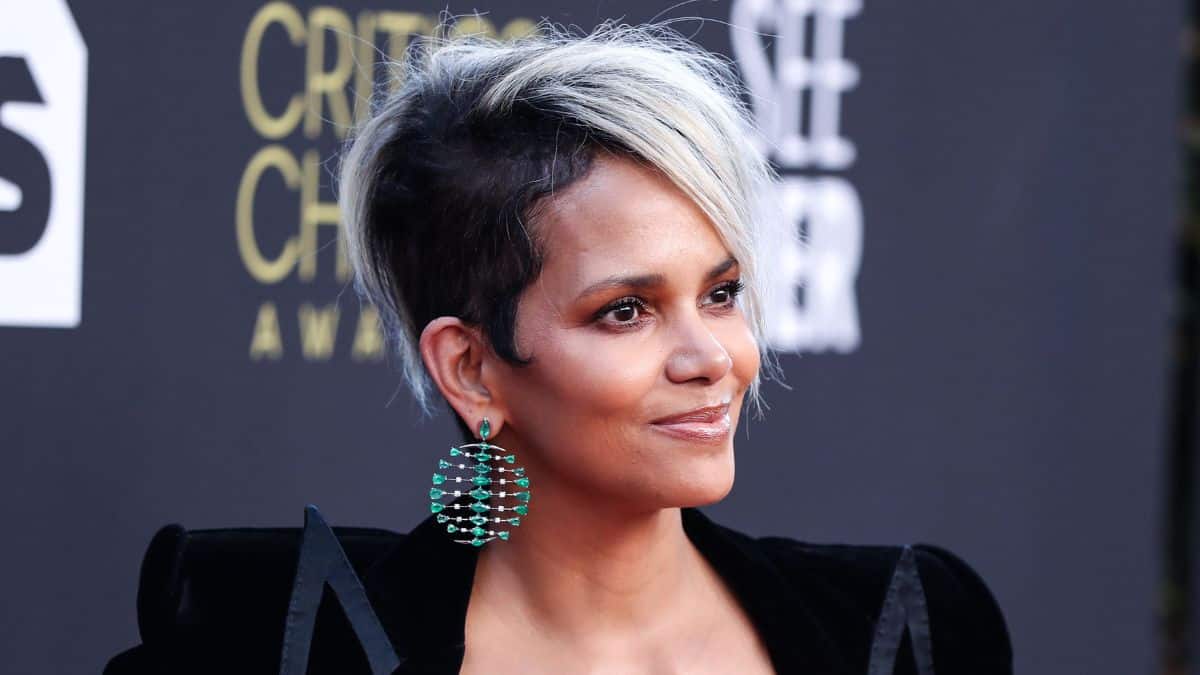
Join us on a bumpy ride through the dark corners of Hollywood as we explore the ten movies that wreaked havoc on the careers of unsuspecting actors, leaving them desperately searching for their next big break.
